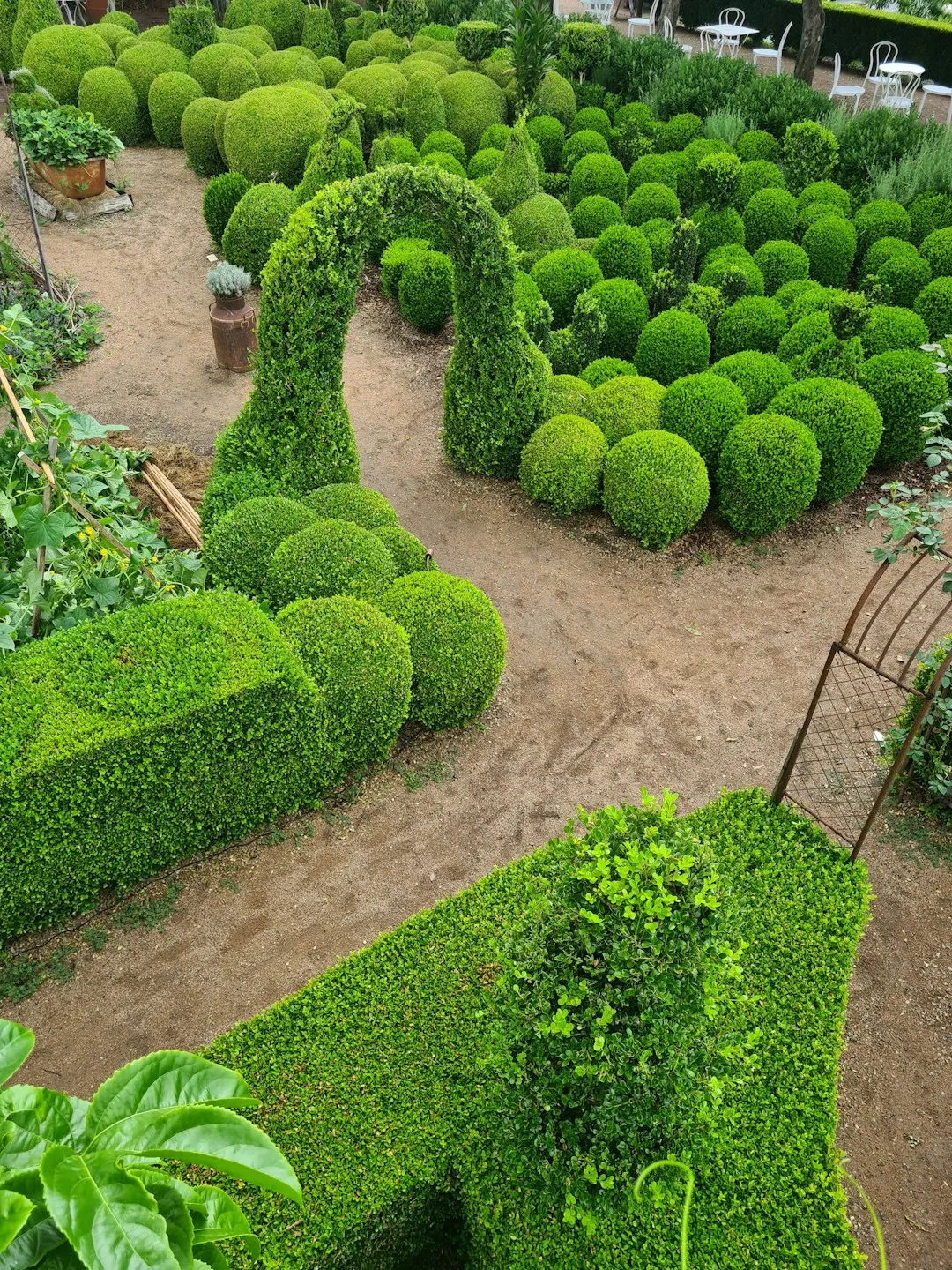The Secret to Long - lasting Orchid Blooms

Orchids are one of the most elegant and captivating houseplants, with their vibrant and delicate flowers adding a touch of sophistication to any indoor space. However, it can be disheartening to see your orchid's flowers falling off prematurely. In this article, we'll explore the reasons behind this issue and provide you with practical tips to keep your orchid healthy and blooming for longer.
Reasons for Premature Flower Drop
Environmental Stress
Orchids are sensitive to changes in their environment. Sudden temperature fluctuations, drafts, or exposure to extreme heat or cold can cause the flowers to drop. For example, placing your orchid near a drafty window or an air - conditioning vent can create an unfavorable environment. Orchids generally prefer temperatures between 60 - 80°F (15 - 27°C) during the day and slightly cooler at night. A significant deviation from this range can stress the plant and lead to flower loss.
Improper Watering
Both over - watering and under - watering can be detrimental to orchids. Over - watering can lead to root rot, which prevents the plant from absorbing nutrients properly. When the roots are damaged, the plant may shed its flowers as a survival mechanism. On the other hand, under - watering can cause the plant to become dehydrated, and the flowers will wilt and fall off. It's important to water orchids correctly. Most orchids prefer to dry out slightly between waterings. You can check the moisture level of the potting medium by sticking your finger about an inch deep into it. If it feels dry, it's time to water.
Lack of Humidity
Orchids are native to tropical regions where humidity levels are high. In a typical indoor environment, the air can be quite dry, especially during the winter months when the heating is on. Low humidity can cause the flowers to dry out and drop prematurely. To increase humidity around your orchid, you can place a tray filled with water and pebbles beneath the plant. As the water evaporates, it will create a more humid micro - environment. You can also use a humidifier in the room where the orchid is located.
Nutrient Deficiency
Orchids need a balanced supply of nutrients to thrive. A lack of essential nutrients such as nitrogen, phosphorus, and potassium can affect the plant's overall health and cause flower drop. Using a specialized orchid fertilizer at the recommended intervals can help ensure that your orchid gets the nutrients it needs. However, be careful not to over - fertilize, as this can also cause problems.
How to Keep Your Orchid Healthy and Blooming Longer
Provide the Right Light
Orchids need bright, indirect light. Direct sunlight can burn the leaves and flowers, while too little light can prevent the plant from blooming. Place your orchid near a window with a sheer curtain to filter the sunlight. If you don't have a suitable window, you can also use artificial grow lights.
Repot Regularly
Over time, the potting medium for orchids can break down and become compacted. This can restrict root growth and affect the plant's ability to absorb water and nutrients. Repotting your orchid every one to two years using a fresh, well - draining orchid potting mix can help keep the plant healthy.
Prune Properly
After the flowers have faded, you can prune the orchid to encourage new growth. Cut the flower spike just above a node. This can stimulate the plant to produce new shoots and potentially more flowers in the future.
Monitor and Adjust
Regularly monitor your orchid for signs of stress or disease. Check the leaves, roots, and flowers for any changes. If you notice any issues, make the necessary adjustments to the plant's environment, watering, or fertilizing routine. By being proactive, you can keep your orchid in top condition and enjoy its beautiful blooms for a long time.
In conclusion, caring for orchids requires a bit of knowledge and attention to detail. By understanding the reasons for premature flower drop and taking the appropriate steps to keep your orchid healthy, you can enjoy the beauty of these magnificent plants for many seasons to come.